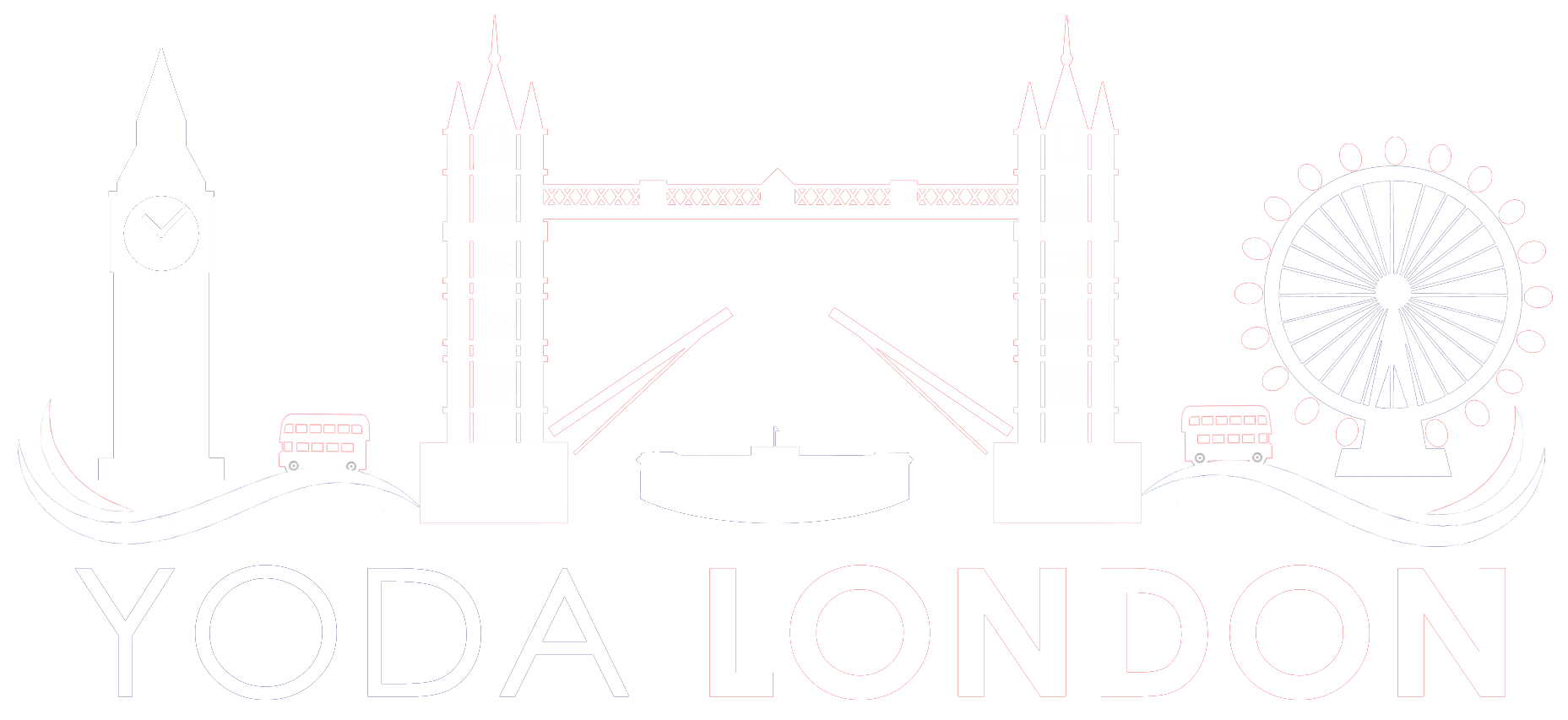Table of Contents
There are many in professional spheres for whom their career is their crowning achievement. Whether successfully weaponizing rare skills to rise to the top of the food chain, or networking well to build relationships and establish a real industry presence, a career is a hard-won thing.
But, while careers can take decades to build, they can be ended in moments. What follow are some of the leading reasons for which a professional career might come to a close; think of them as warnings, to heed regarding your own practice in high-value roles.
Three Traits and Behaviours that Could End Your Professional Career
1. Embezzlement
Professional careers can be brought to a close for a variety of means, but none are more serious than those that transgress legislation as well as business expectations. Embezzlement is a serious form of financial fraud, and a heavy charge to levy against any individual in a high company position. It is the kind of accusation that can permanently mark someone’s record, and see to it that they never work in their initial capacity ever again.
Embezzlement describes the misappropriation of funds entrusted to an individual, through a trust or as accessible finances within a company’s budget. The embezzler might utilise funds without permission to further a business agenda or take funds from accounts for personal use.
2. Conduct, Culture, Personnel
Professional and personal conduct are key to maintaining a successful high-value post in any organisation, but the ‘personal’ side of the equation has been thrown into sharper relief in recent years. The mounting impacts from the #MeToo movement in 2016 and 2017 have rightly seen businesses more equitably addressing concerns regarding the treatment of women in professional environments – including cracking down on the inappropriate behaviour of senior personnel towards junior women.
The toxicity of poor conduct extends beyond this singular remit, though, towards a wider understanding of the importance of culture in professional environments. Discrimination and harassment are the worst symptoms of a toxic work environment, but not the only ones; any evidence or allegation of improper approaches to workplace culture and conduct towards other personnel will be a serious mark on an individual’s record.
3. Complacency in Post
But not all professional careers end with the ‘bang’ of criminal or civil allegation; indeed, many quite simply end as a result of professional traits that work against the needs of the best business or demands of a role. One of the more common expressions of this is complacency.
Once you have found yourself in a comfortable executive or leadership role, it can be easy to rest on your laurels. The role itself can become the ‘spoils’ of your hard work, and it can be tempting to grow lax in your post. You might grow less hungry to continue your learning journey within your industry or might settle on the idea that your ideas and proposals are good by nature of coming from you – without considering that you might be missing key insights or potential in the process.
This kind of complacency can have a marked impact on the continued success and growth of your business. It follows that businesses select for their own advantage – and so, just as lower-level staff might be let go on account of poor performance, so too can otherwise-unassailable executives be relieved of their duties for professional inadequacy.

